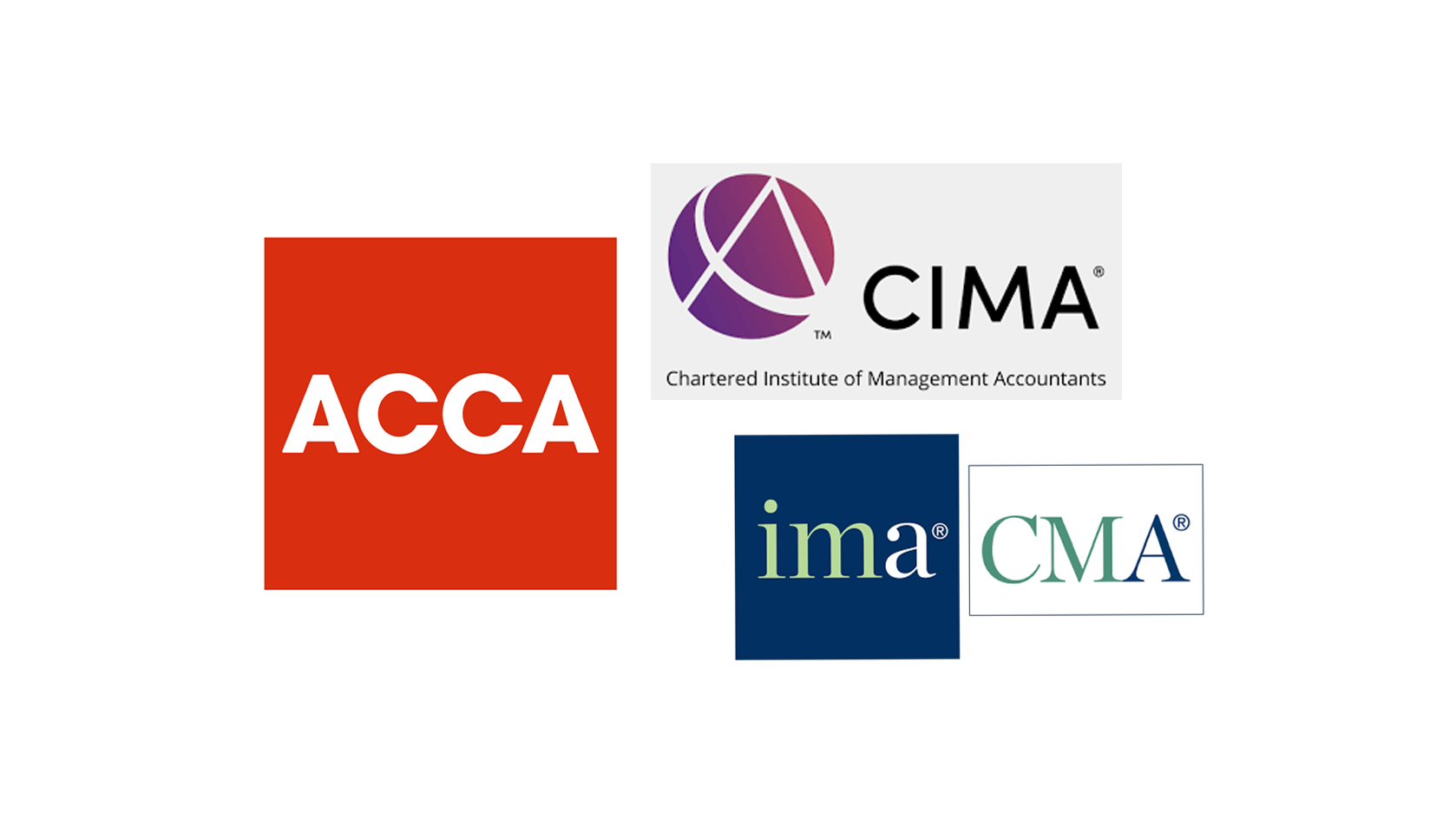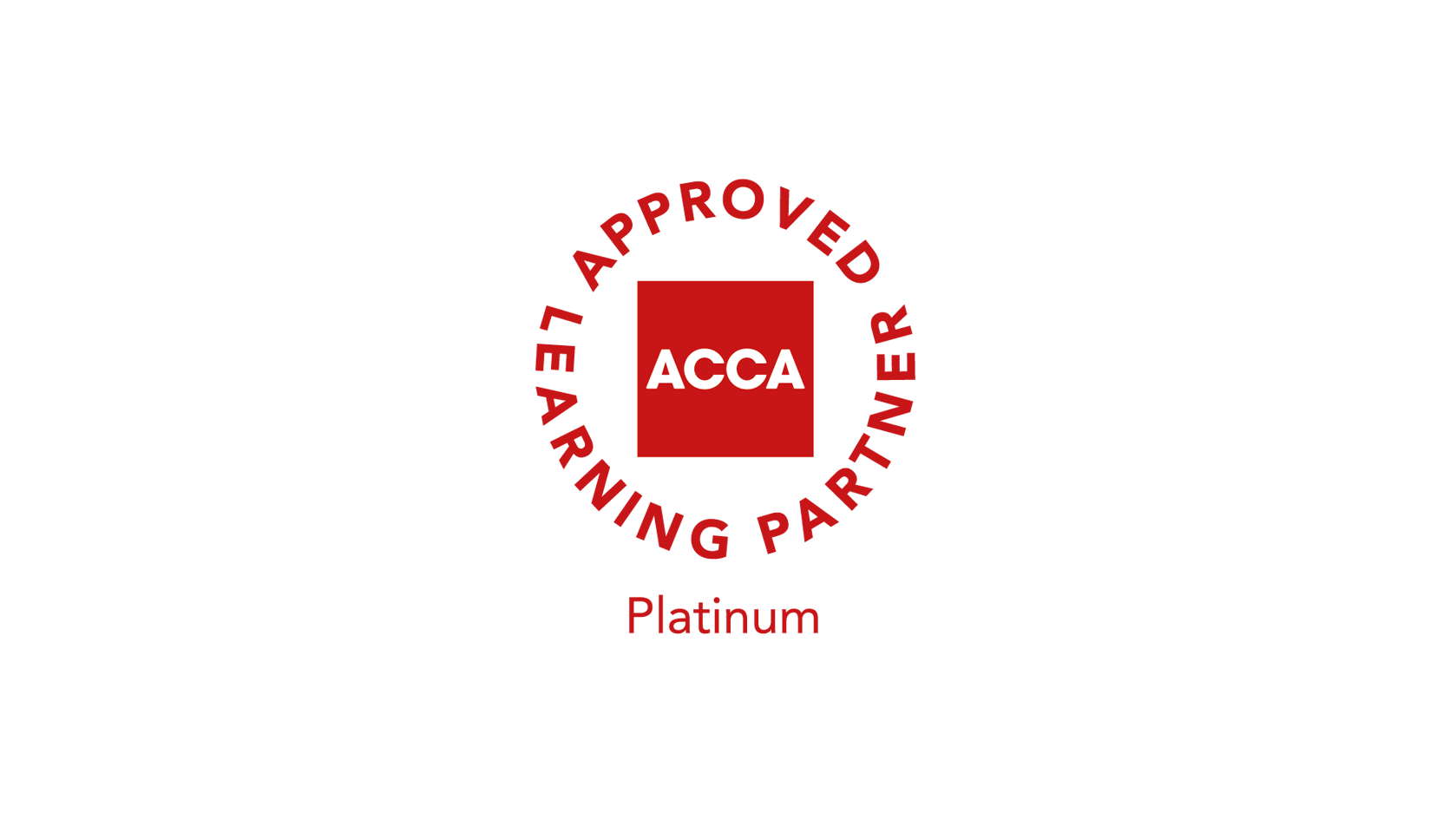Which professional qualification is for you?

Navigating the world of professional business qualifications can be a daunting task for business students. It’s crucial to choose the one that aligns with your career goals and enhances your professional standing. Three prominent credentials often stand out for those venturing into the realms of accounting and management: ACCA (Association of Chartered Certified Accountants), CMA (Certified Management Accountant), and CIMA (Chartered Institute of Management Accountants). This article dives into each of these qualifications to help you make an informed decision that could shape your professional journey.
ACCA: Global Reach and Comprehensive Expertise
The ACCA qualification is recognised worldwide and is revered for its comprehensive approach to teaching technical and strategic accounting skills. With a focus on providing a thorough understanding of accounting principles and practices, ACCA prepares you for a versatile career in finance, auditing, taxation, and business consultancy.
- Global Recognition: ACCA is an internationally recognised qualification, making it an excellent choice for those looking to work abroad or in multinational corporations.
- Comprehensive Curriculum: The ACCA covers a broad spectrum of subjects from financial reporting, taxation, audit, and assurance to business leadership and strategy, ensuring a well-rounded education.
- Flexibility: ACCA offers flexible study options, which is beneficial if you are working or have other commitments.
- Pathway to Further Opportunities: Upon completion, ACCA members are well-regarded by employers worldwide and often find opportunities in senior, strategic roles.
CMA: The Strategist’s Choice
If your career aspirations lean towards financial management and strategy, then the CMA could be the ideal fit. Offered by the Institute of Management Accountants (IMA), this qualification emphasizes cost management, financial analysis, and organisational performance, including an in-depth focus on strategic planning and decision-making.
- Management Focus: The CMA is known for its focus on management accounting, strategic management, and financial decision-making.
- Strong Earning Potential: CMAs often command higher salaries due to their expertise in financial management and strategy.
- Shorter Path: Compared to ACCA and CIMA, the CMA program generally requires less time to complete, with only two exams covering two broad parts.
- U.S. and Global Recognition: While the CMA is a U.S.-based credential, it is recognised globally and is valuable for those aiming for roles in U.S. companies or global firms.
CIMA: The Management Accounting Vanguard
CIMA specialises in management accounting and offers a unique blend of business and financial management skills. It is designed for those looking to master the art of translating financial insights into strategic business decisions, thereby playing a pivotal role in business success.
- Strategic Emphasis: CIMA focuses heavily on strategic business management, with less emphasis on the technical aspects of financial accounting and tax matters.
- Practical Application: CIMA’s syllabus is designed to give you practical tools to help drive business success, making it very relevant to those pursuing a career in business management.
- Professional Growth: CIMA qualification can lead to a career as a Chartered Global Management Accountant (CGMA), a highly sought-after designation.
- International Opportunities: CIMA is recognised worldwide, particularly in the UK and Commonwealth countries, offering significant international career mobility.
Country-specific qualifications
Whilst ACCA, CMA, and CIMA are arguably the most widely adopted global finance qualifications, there are also qualifications which started as more country-specific but have to a certain extent expanded internationally. For example, in the UK the ICAEW (Institute of Chartered Accountants in England and Wales) offers the ACA qualification and Scotland’s ICAS (Institute of Chartered Accountants of Scotland) offers the CA designation. CA ANZ (Chartered Accountants Australia and New Zealand) equips professionals with expertise that’s tailored to the Australasian business environment.
Which one to choose?
To determine which qualification to pursue, consider the following factors:
- Career Ambitions: If you see yourself as a global accounting professional, ACCA may be your ticket. For those aspiring to rise in the ranks of management with a solid grounding in financial analysis, the CMA is attractive. If you are keen on strategic business roles and broad managerial responsibilities, CIMA is your go-to credential.
- Learning Style: ACCA and CIMA offer a broader range of topics with a significant amount of study, suitable for those who prefer comprehensive learning. CMA’s focused syllabus might appeal to those looking for a more concise program.
- Geographical Preference: Consider where you plan to work. ACCA is highly valued in Europe, Asia, and Africa, while CMA is a recognised qualification in the United States and Middle East and growing fast in the UK. CIMA has a strong presence in the UK and Commonwealth countries.
- Industry Sector: ACCA is often preferred in public practice and audit firms, CMA in manufacturing and corporate sectors, and CIMA across various industries with a focus on strategic business roles.
- Time and Investment: Think about the time and financial resources you can dedicate to achieving the qualification. The CMA tends to require less time and fewer exams, which might be a consideration for those needing a quicker pathway.
Conclusion
The decision to pursue ACCA, CMA, or CIMA should be a strategic one, aligned with your professional aspirations, learning preferences, geographical mobility, and career timeline. All three qualifications can open doors to rewarding careers and are respected by employers worldwide. It’s advisable to conduct thorough research, speak to industry professionals, and perhaps even attend introductory sessions provided by these institutions before making your choice.
Your chosen qualification should not just be about the letters after your name but about the career and life you envision for yourself. Remember, the right qualification for you is one that not only bolsters your resume but also your confidence and capability as a business leader of tomorrow.











